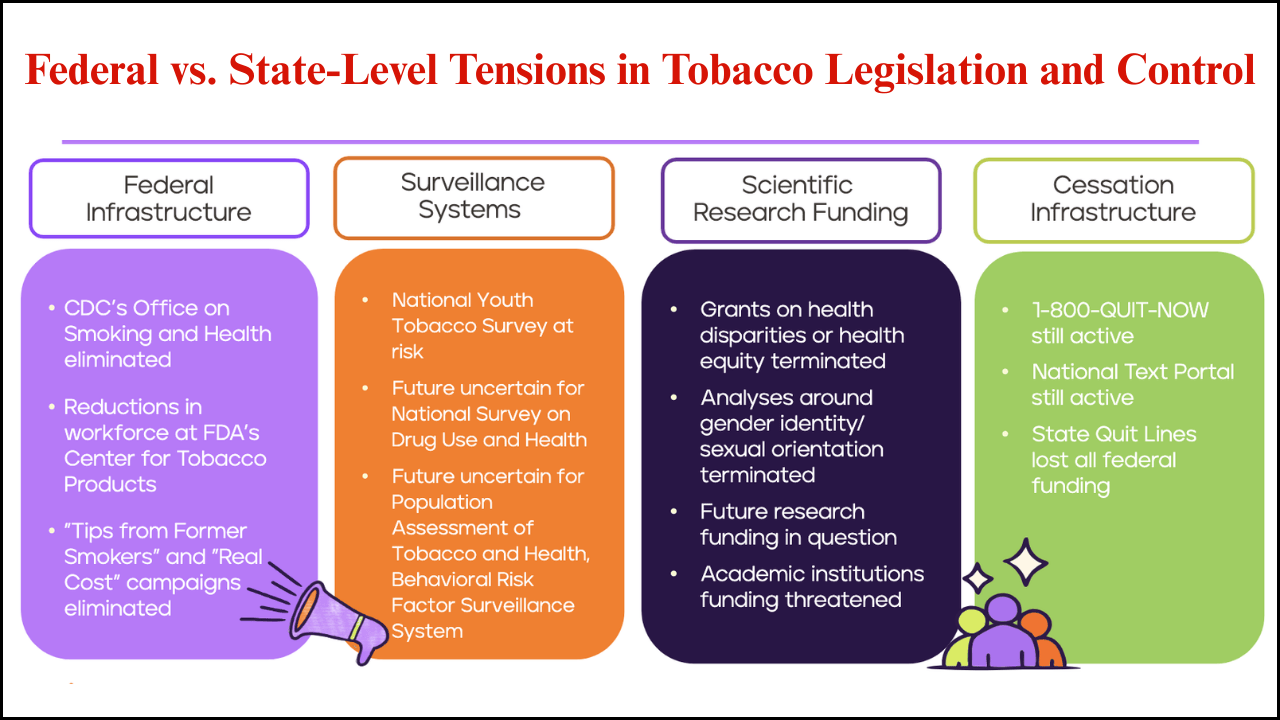
Legal education today demands more than traditional courtroom training. Law intersects with healthcare, technology, business, environment, and social sciences, making specialized knowledge critical. Dual-degree programs serve as an answer to this demand, giving students the opportunity to pursue law alongside another academic discipline. These programs combine the JD (Juris Doctor) with master’s or doctoral studies in fields such as business administration, bioethics, public health, social work, or cybersecurity. The result is a professional prepared to manage the complexities of modern legal practice with deeper insight and wider expertise.
Table of Contents
Key Features of Dual-Degree Programs
- Interdisciplinary Training
- Combines the study of law with another specialized discipline.
- Provides students with broader skills to navigate multi-dimensional legal issues.
- Time and Cost Efficiency
- Through credit sharing, students complete two degrees in less time than they would by pursuing them separately.
- Reduces tuition burden by overlapping coursework.
- Admission Process
- Students must meet separate admission requirements for both programs.
- Applications are often submitted simultaneously, though some students apply after enrolling in one school.
- Graduation Requirements
- Both degrees must be awarded at the same time for recognition as a dual-degree recipient.
- Up to 9 non-law graduate credits can count toward the JD program at Maryland Carey Law.
- Flexibility
- Students may defer one admission offer to begin the second program later.
- Possibility of developing new dual-degree combinations based on student interest.
Popular Dual-Degree Options
1. JD/MA (Criminal Justice)
- Focuses on law enforcement, corrections, and criminal policy.
- Ideal for careers in prosecution, defense, or public policy roles within the justice system.
2. JD/MALA (Liberal Arts)
- Encourages broad intellectual exploration in the humanities and social sciences.
- Suitable for those aiming at academic, advocacy, or community leadership roles.
3. JD/MBA (Business Administration)
- Bridges law with corporate governance, finance, and entrepreneurship.
- Prepares students for positions such as corporate counsel, business strategist, or compliance officer.
4. JD/MBE (Bioethics)
- Explores ethical and legal dimensions of healthcare, biotechnology, and medical research.
- Fits careers in healthcare compliance, hospital administration, or medical policy advising.
5. JD/MCP (Community Planning)
- Links law with urban development, housing policy, and land use regulation.
- Beneficial for roles in government, real estate law, and non-profit housing organizations.
6. JD/MPH (Public Health)
- Focuses on legal frameworks around public health, epidemics, and healthcare access.
- Suitable for lawyers working in healthcare law, international health organizations, or policy advocacy.
7. JD/MSW (Social Work)
- Combines advocacy in legal systems with training in social services.
- Ideal for professionals in child welfare, domestic violence advocacy, or social policy development.
8. JD/PharmD (Pharmacy)
- Connects legal regulation of pharmaceuticals with medical practice.
- Prepares students for careers in drug policy, pharmaceutical compliance, and healthcare law.
9. JD/MPP (Public Policy)
- Emphasizes government policy-making, regulatory frameworks, and public service.
- Suitable for careers in government agencies, policy think tanks, and legislative affairs.
10. JD/PhD (Public Policy)
- Combines rigorous academic research with legal studies.
- Prepares professionals for academia, consulting, and advanced policy analysis.
11. JD/MS (Cybersecurity)
- Trains students in legal issues of cybersecurity, data privacy, and technology regulation.
- Valuable for positions in government security, corporate cyber law, or international digital policy.
Overview of Dual-Degree Programs
| Program | Focus Area | Career Pathways |
|---|---|---|
| JD/MA (Criminal Justice) | Criminal policy, law enforcement, corrections | Prosecutor, defense attorney, policy analyst |
| JD/MALA (Liberal Arts) | Humanities, social sciences, ethics | Academic researcher, advocacy leader, non-profit manager |
| JD/MBA (Business Administration) | Business law, finance, corporate governance | Corporate counsel, business strategist, compliance officer |
| JD/MBE (Bioethics) | Medical ethics, biotechnology, healthcare regulation | Hospital compliance officer, bioethics consultant, health policy lawyer |
| JD/MCP (Community Planning) | Urban planning, housing, land use | Real estate attorney, city planner, housing rights advocate |
| JD/MPH (Public Health) | Health policy, epidemics, healthcare systems | Public health lawyer, international health advisor, policy consultant |
| JD/MSW (Social Work) | Advocacy, welfare systems, family law | Child protection advocate, domestic violence attorney, social service policymaker |
| JD/PharmD (Pharmacy) | Pharmaceutical regulation, medical law | Drug compliance specialist, pharmaceutical policy lawyer, healthcare advisor |
| JD/MPP (Public Policy) | Government, legislation, regulatory systems | Government attorney, policy advisor, legislative consultant |
| JD/PhD (Public Policy) | Advanced research, policy design | Professor, think tank researcher, senior policy strategist |
| JD/MS (Cybersecurity) | Technology law, data privacy, cybercrime | Cyber law attorney, corporate security advisor, digital policy consultant |
Advantages of Pursuing Dual-Degrees in Law
- Competitive Edge
- Graduates stand out in job markets requiring multidisciplinary expertise.
- Broader Career Options
- Enables professionals to work beyond traditional law firms, including corporations, NGOs, and international bodies.
- Specialized Knowledge
- Offers a deeper understanding of intersecting disciplines such as healthcare, business, or technology.
- Leadership Development
- Equips students for leadership roles in policy-making, corporate governance, or academic fields.
- Networking Opportunities
- Students engage with peers, faculty, and professionals across multiple academic and professional domains.
Challenges of Dual-Degree Programs
- Intensive Workload
- Managing requirements of two programs demands strong time-management skills.
- Admission Complexity
- Students must qualify for both programs, which may involve separate testing and interviews.
- Higher Financial Commitment
- Despite cost savings, tuition and living costs may still be higher compared to a single degree.
- Strict Graduation Rules
- Degrees must be awarded simultaneously, requiring careful planning of coursework.
Benefits vs. Challenges
| Aspect | Benefits | Challenges |
|---|---|---|
| Career Growth | Expands job opportunities across industries | May require longer study duration |
| Knowledge Base | Provides interdisciplinary expertise | Heavy workload balancing two degrees |
| Financials | Credit sharing reduces costs | Overall expenses are still higher than the single program |
| Flexibility | Option to design a custom dual-degrees | Graduation timing requirements limit flexibility |
| Networking | Access to two professional networks | Adjustment to different academic environments |
Student Experience in Dual-Degree Programs
- Students typically begin one program and defer the second until the following year.
- Coursework often overlaps, with some credits counted toward both degrees.
- Academic advising is critical for planning schedules to meet simultaneous graduation requirements.
- Clinics, experiential learning, and certificate tracks further enrich training.
- Bar preparation remains a central focus for JD candidates, even as they complete dual coursework.
Final Thoughts
Legal education now extends beyond statutes and courtroom practice. Dual-degree programs represent a strategic path for aspiring lawyers who wish to integrate law with specialized disciplines such as healthcare, business, technology, or public policy. These programs prepare students to respond effectively to complex societal challenges while offering broader career pathways and leadership opportunities. Though demanding in terms of workload and financial commitment, the advantages of interdisciplinary expertise, professional flexibility, and career advancement make dual-degree programs a strong investment for future legal professionals.






